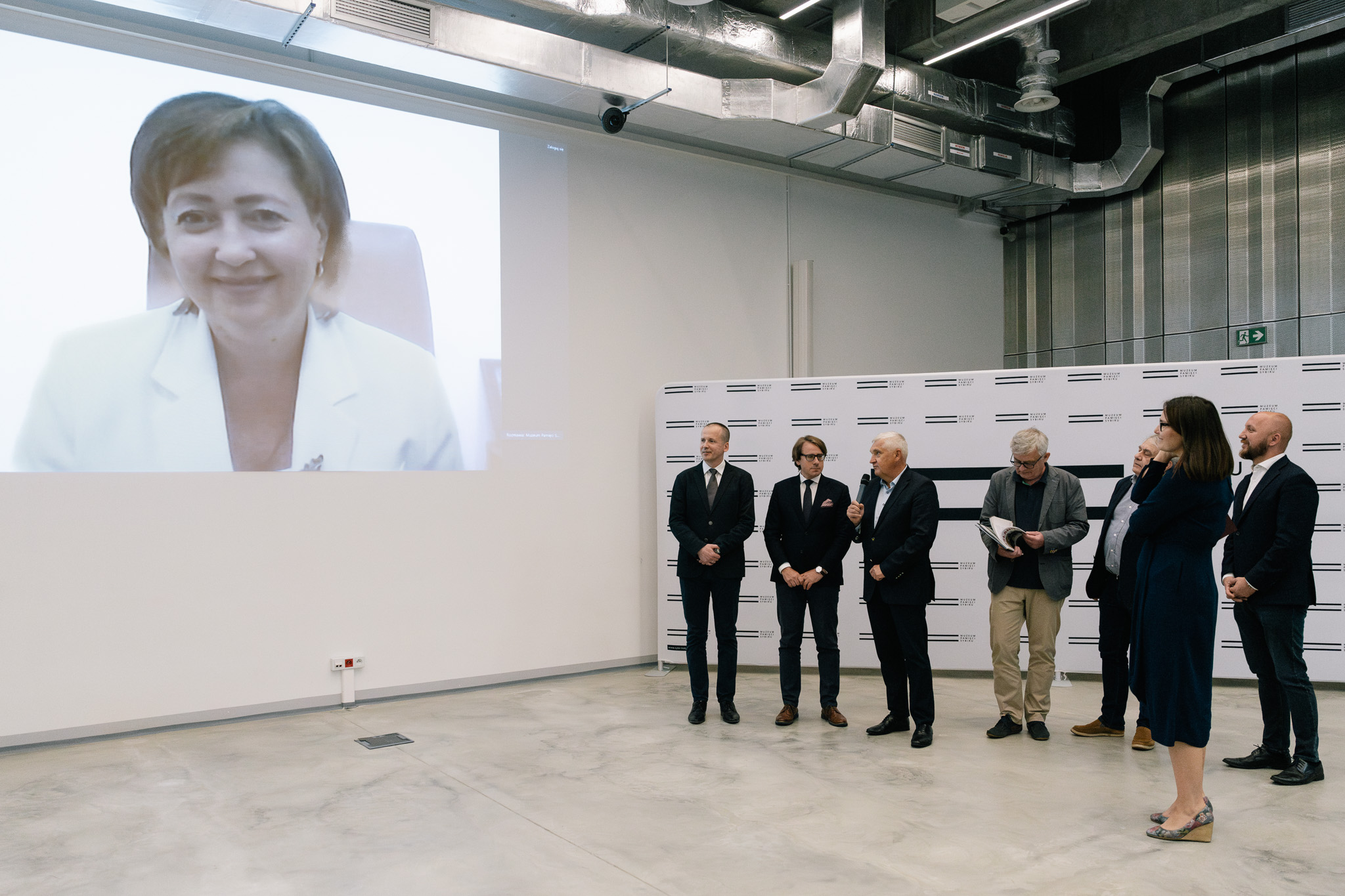At the beginning of the Soviet occupation of Białystok, in the autumn and winter of 1939/1940, the NKVD arrested many officials, judges and other prominent persons. Among them was not only the last pre-war mayor of Białystok, Seweryn Nowakowski, but also Bolesław Szymański, the first mayor of the city, who held this function for two terms (1919–1927). President Szymański’s wife, daughter and grandson were deported to Kazakhstan in April 1940. Until now, the details of their fate in exile have not been known.
The Mayor of Bialystok, Tadeusz Truskolaski, who was present at the conference, pointed out that we still do not know what happened to the city authorities after the arrest: — The fate of Mayor Szymański, like Mayor Nowakowski, is unknown. But thanks to the cooperation of the Sybir Memorial Museum with a researcher from the Archives in Pavlodar, we are discovering unknown pages of history — he said. Their fates were tragic. They were arrested because they refused to accept Soviet passports, they showed patriotism. After Stalin’s agreement with the London authorities, they worked in the commission for Polish citizens in Kazakhstan. Thanks to the discovery of these documents, their activity may see the light of day — he noted.
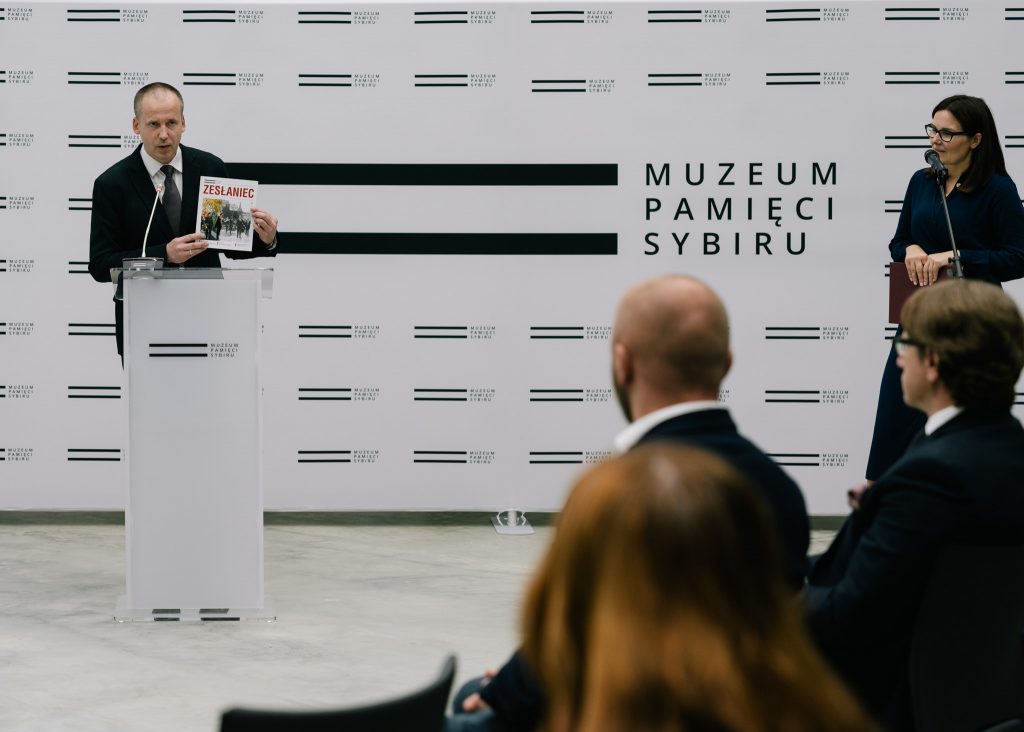
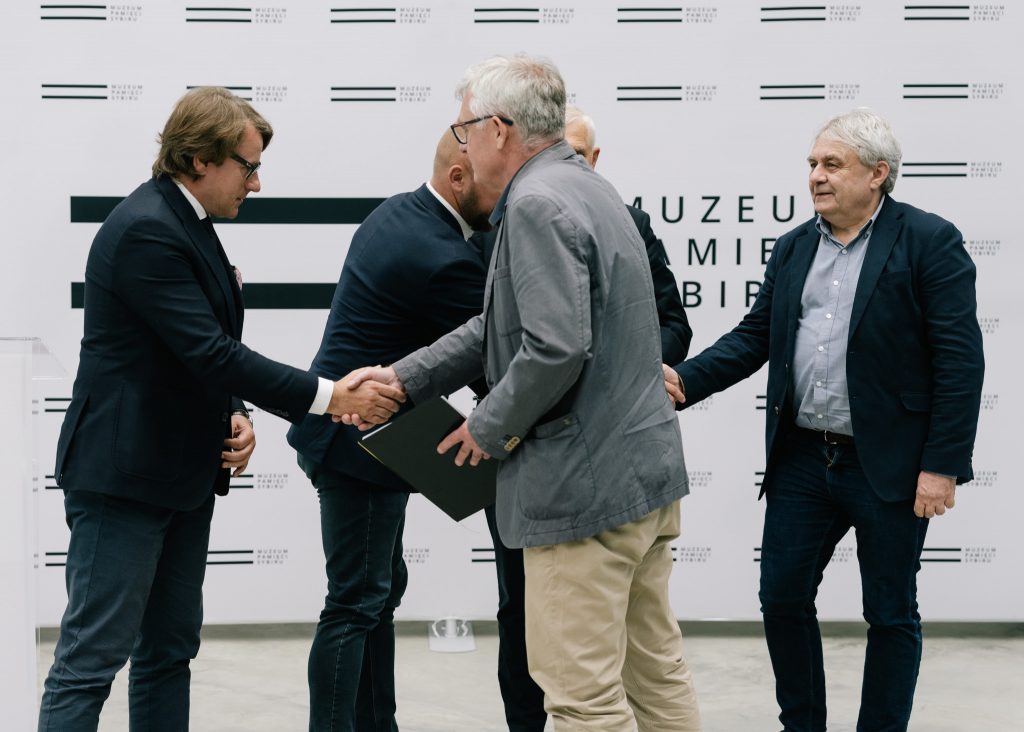
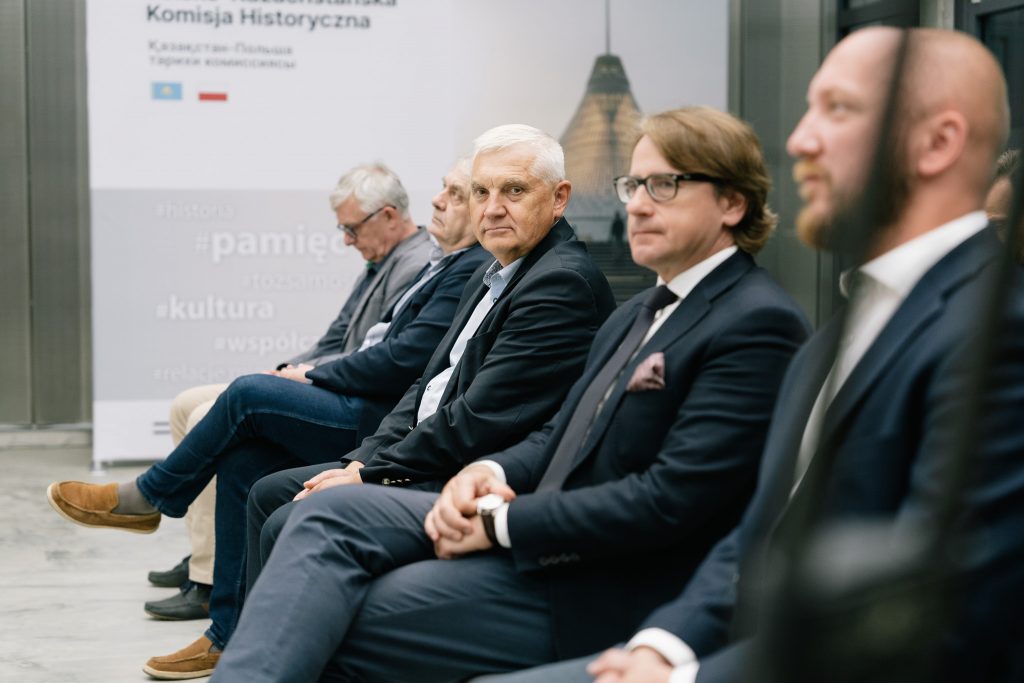
— Of course, we are still waiting for the confirmation of the place of death of the two Presidents — emphasized Tadeusz Truskolaski. “We had heroes about whom not everything is known. Thanks to such an institution as the Sybir Memorial Museum, the cards of tragic history are revealed. Białystok remembers about its heroes, about people who worked for their city — said the mayor of Białystok. — It will be very interesting for the family of Mr. President Szymański to be able to trace the fate of great-grandmother, grandmother… — he added.
Director of the Sybir Memorial Museum, professor Wojciech Śleszyński, emphasized how important the mission of the Białystok museum is to discover the fate of Siberian families, both famous and less recognizable:
— When almost two years ago, on the eve of the opening of the Sybir Memorial Museum, on September 16, 2021, President Tadeusz Truskolaski signed the act of establishing the Scientific Institute of Seweryn Nowakowski, the last pre-war Mayor of Bialystok, we, as employees of the Museum, made a commitment that we would do everything to discover the fate of our Presidents, their families, the fate of our Sybiraks. The consequence of this commitment was the establishment of the Polish-Kazakh Historical Commission in this place a year ago. Today we have the first effects of this cooperation — he reminded.
— Today we are having a special ceremony, thanks to the cooperation with historians from Kazakhstan we have discovered the fate of President Szymański’s family. We want to emphasize that what we do — we do for Sybiraks, for their families, so that the next generations can learn about their fate — assured professor Śleszyński.
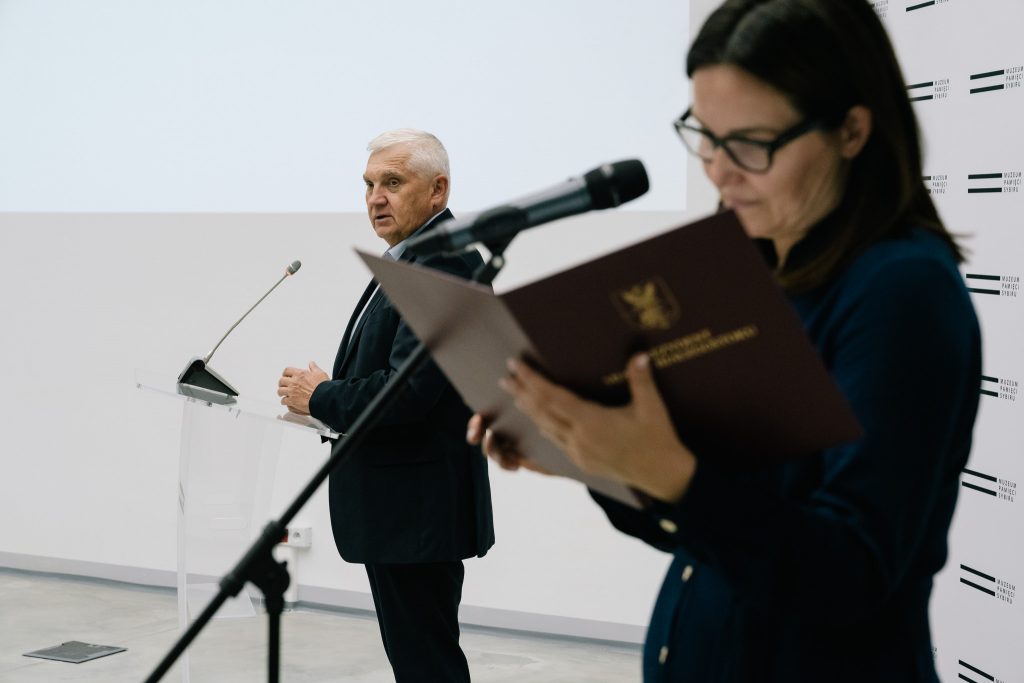
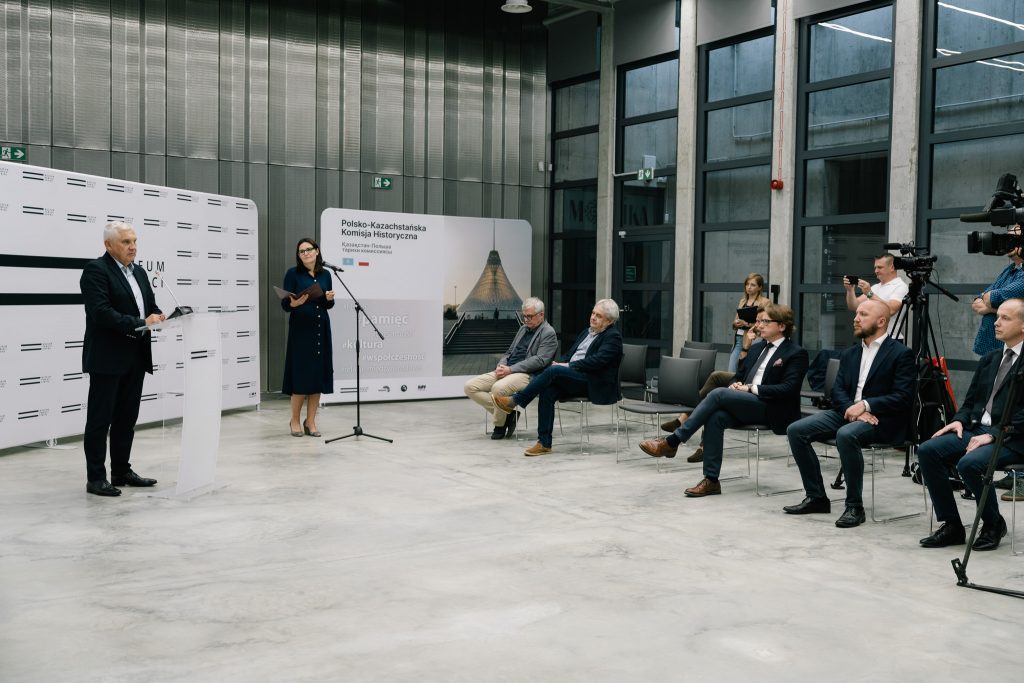
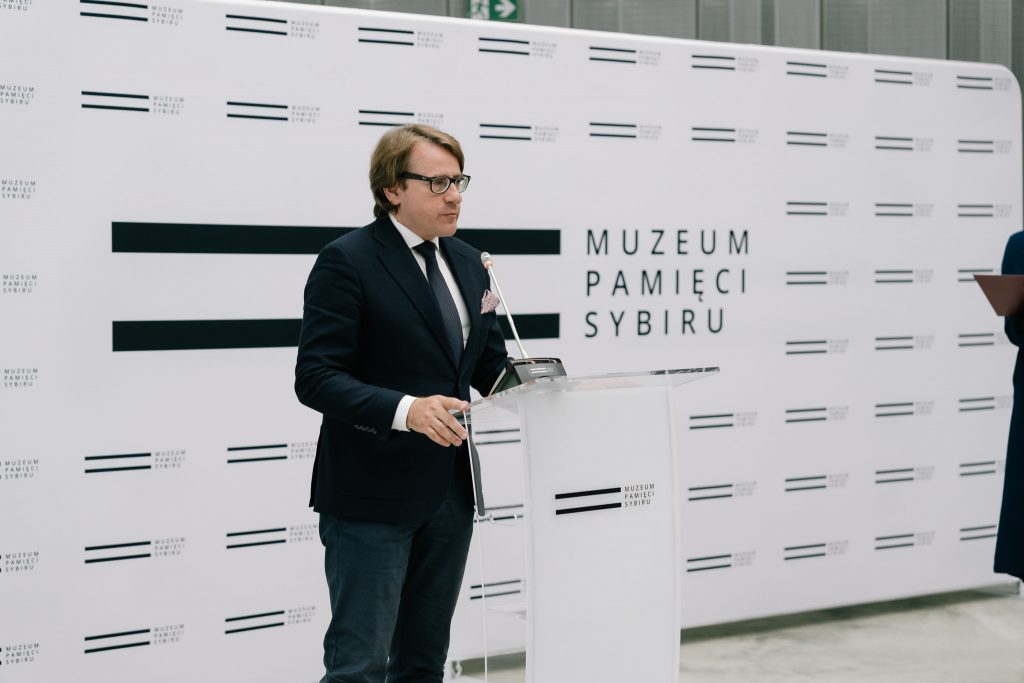
Thanks to the internet connection, the meeting was attended by Nadieżda Kubik, PhD, Deputy Director of the State Archives of the Pavlodar Region in Pavlodar, to whom we owe the discovery of documents concerning the Szymański family. In her speech, she explained how she got to these archives and what facts about the family of President Szymański she managed to establish.
— I analyzed the declassified documents of the Pavlodar district prosecutor’s office from the 1940s, which are in our archive. I found information about Polish citizens, including activists of the delegation of the Polish Embassy. They were: Franciszek Kaszyński, Feliks Leszczyk, Halina Kalina and Maria Szymańska. While dealing with Maria Szymańska’s documents, I noticed the words: “wife of the president of Bialystok”. From that moment on, I started looking for other documents relating to the Szymański family — she reported.
The materials found by Kubik, PhD, show that Maria Szymańska and Halina Kalina with her son were among the group of over a thousand Poles deported to the Pawłodar region. After signing of the Sikorski-Majski act, the Polish Embassy was established. It organized a network of representative powers and attorneys (so-called trustees) to help Poles in the Soviet Union. Maria Szymańska became the representative for the city and Pavlodar region. Halina Kalina probably acted informally as a deputy attorney. The found documents contain a lot of detailed information about their activities.
— Maria Szymańska collected information about the living and economic conditions of Poles, passed it on to the Polish embassy, kept lists of people in need of help, distributed food and warm clothing. It is possible that she helped with the recruitment to the Polish army — said Nadieżda Kubik, PhD. — The documents show, that at the meeting of representatives of the Polish embassy, Halina Kalina provided information about the situation of Poles, about cases of famine. She reported that Poles work in subordinate positions, earn little and live in difficult conditions. She informed that living conditions are the reason why Poles want to leave the Soviet Union and return to the country — the historian reported.
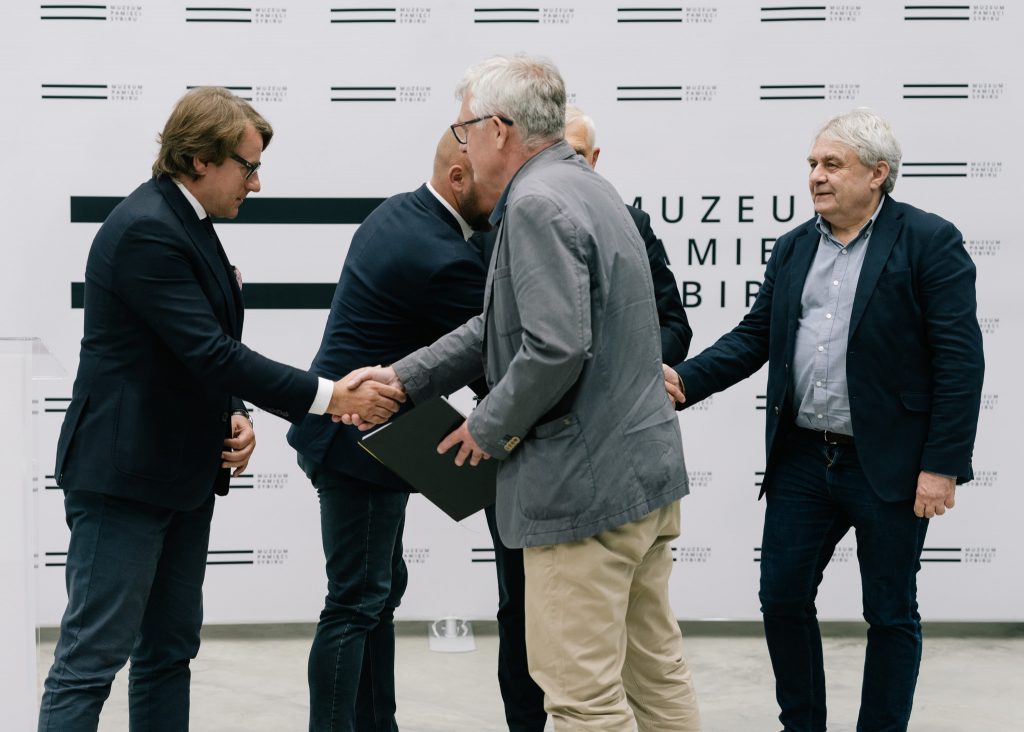
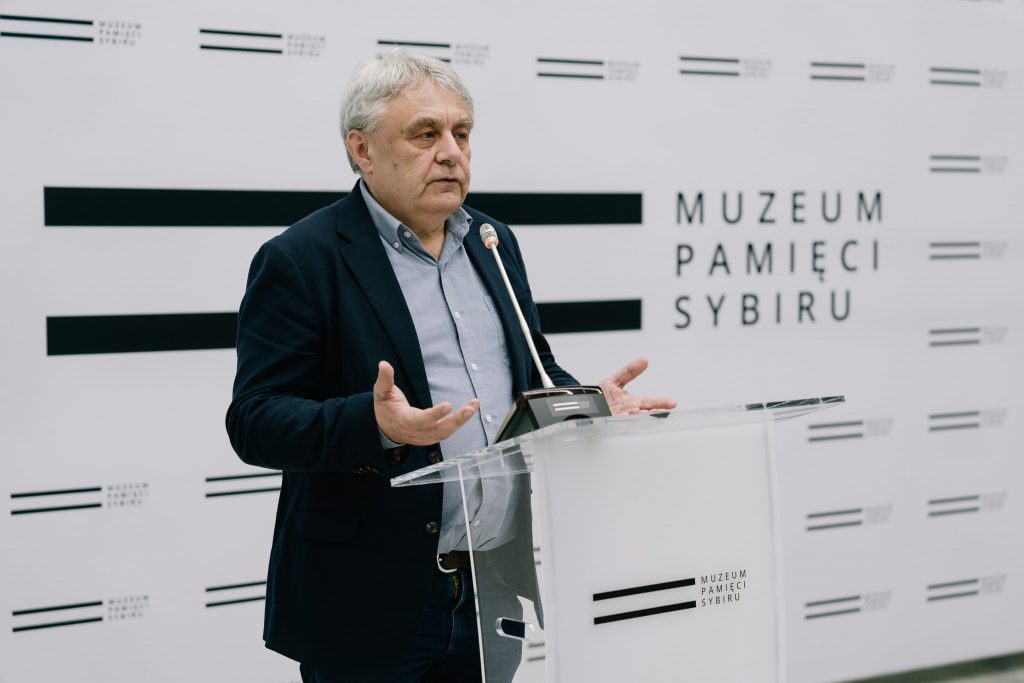
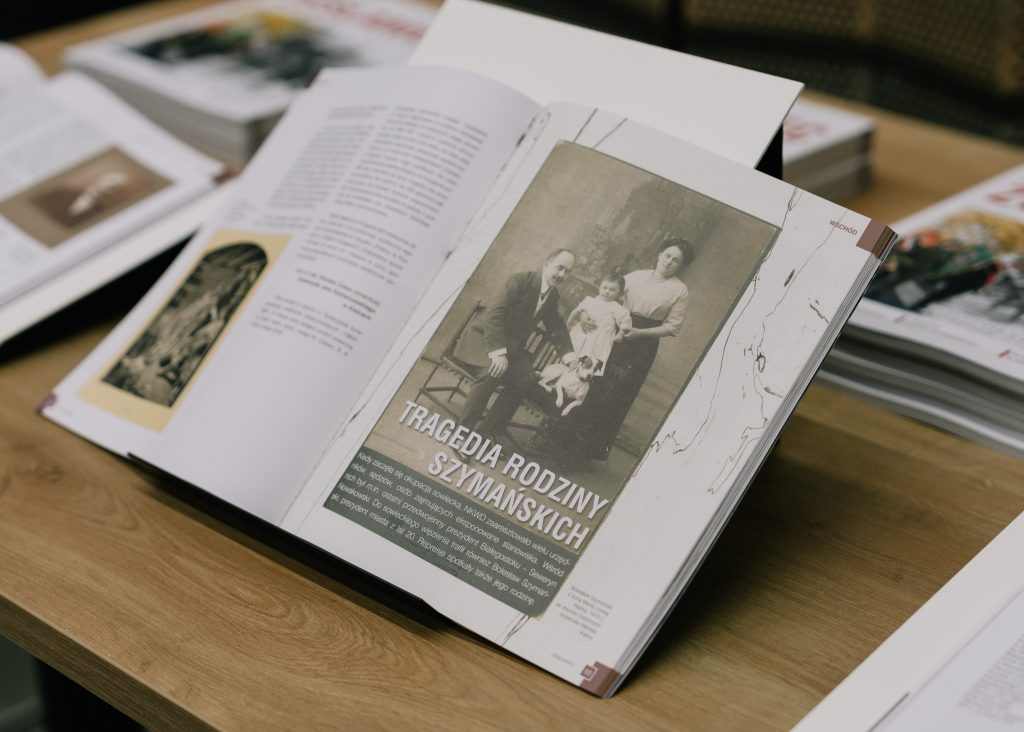
— Maria Szymańska worked with young people, she brought them up in the Polish national spirit. Young people gathered in clubs and associations, where they could talk in Polish, read Polish newspapers and books, and dance Polish dances. Maria set up a community center in Pawłodar, but working with young people she also visited places around Pawłodar, small towns. Halina Kalina, in turn, dealt with matters of religious freedom of Polish citizens who were repressed because of their religion. There is a letter in the archives that Halina wrote after two Brus sisters were fired from work for being Polish and Catholic. Kalina demanded that the Poles not be persecuted — said Kubik, PhD.
At the beginning of 1943, diplomatic relations with the Soviet Union were broken off. On March 8, 1943, Maria Szymańska and Halina Kalina were summoned to pick up Soviet passports, and when they refused to accept them, they were arrested. The NKVD initiated a criminal case against representatives of the Polish Embassy, including against Halina Kalina and Maria Szymańska. Maria Szymańska was accused of intelligence activities and leading a “counter-revolutionary organization”, Halina Kalina was accused of spying. On December 20, 1943, Maria Szymańska and Halina Kalina were sentenced to 10 years in prison; a total of 91 people were convicted.
The further fate of Maria Szymańska and Halina Kalina, until they return to Poland, remains to be determined. Maria Szymańska died in Warsaw in 1969, her daughter Halina in 1981.
Head of the Scientific Department of the Sybir Memorial Museum — Institute of Seweryn Nowakowski, Marcin Zwolski, PhD, emphasized the specificity of historians’ work in his speech:
— A historian gathers bits and pieces of information. In order to develop a story, a family history, you need to collect as many of these crumbs as possible. At the same time, he has access only to limited sources: to people around him, to the archive. But it happens that one story is studied by several historians or journalists, having access to different documents. It’s all about combining information coming from different sources. That’s the situation we have here — he said.
— During our stay in Kazakhstan, we asked Kubik, PhD, about President Nowakowski. She replied that she did not know him, but she had documents about the Szymański family. This is how information was combined, which shows that it is worth cooperating with foreign countries. We will continue cooperation within the Polish-Kazakh Historical Commission — he assured.
After a series of speeches, the solemn moment came when the Mayor of Białystok, Tadeusz Truskolaski, handed over copies of the Kazakh archives to the great-grandson of Mayor Bolesław Szymański, Michał Kalina.
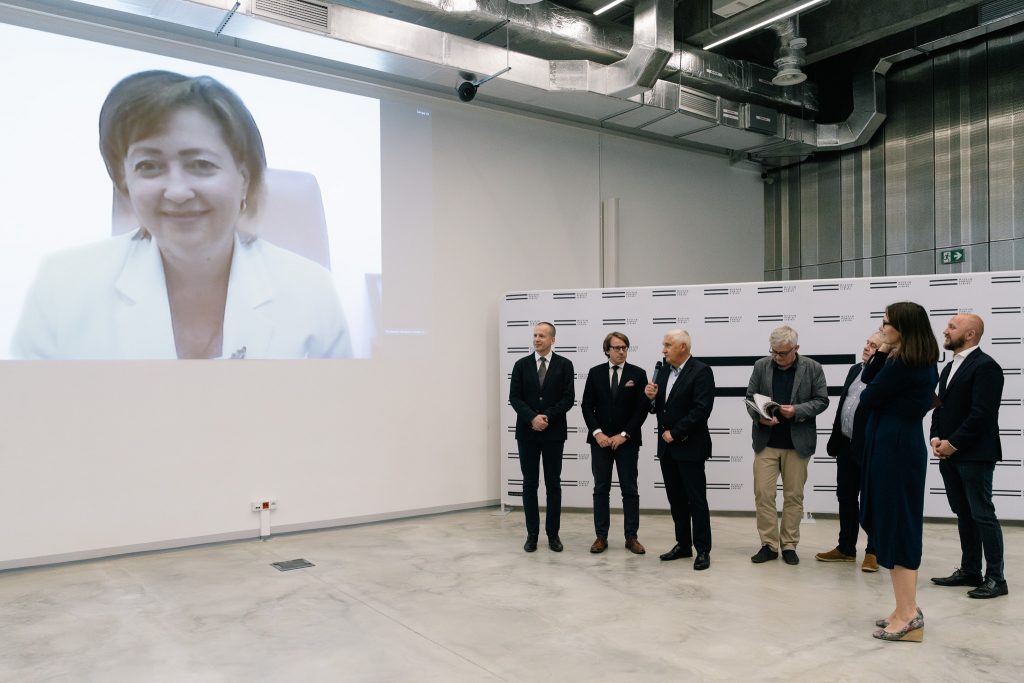
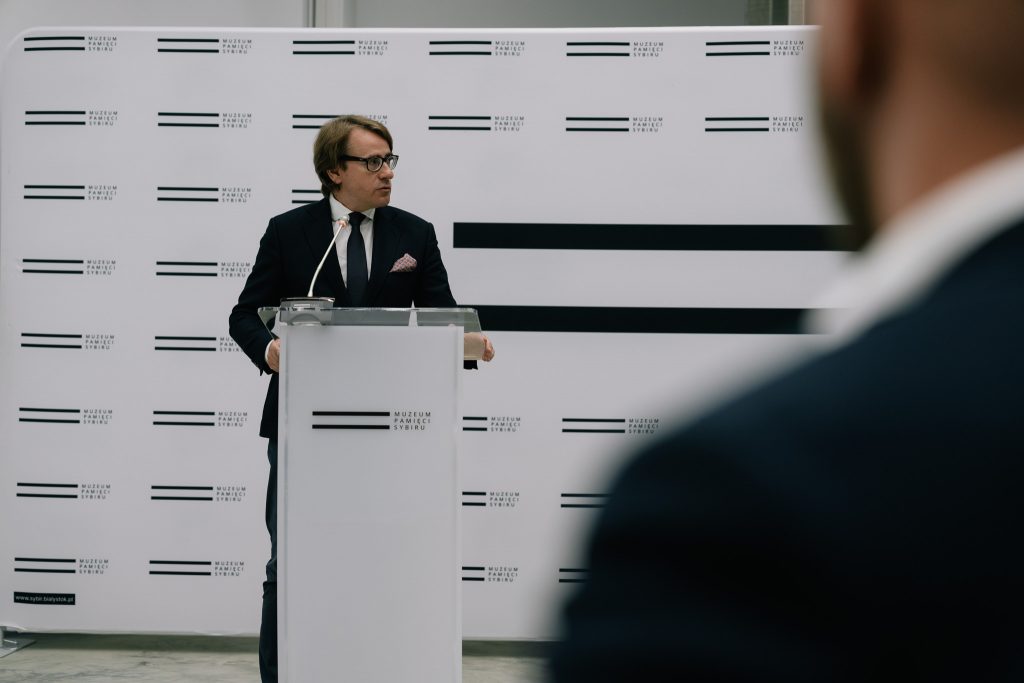
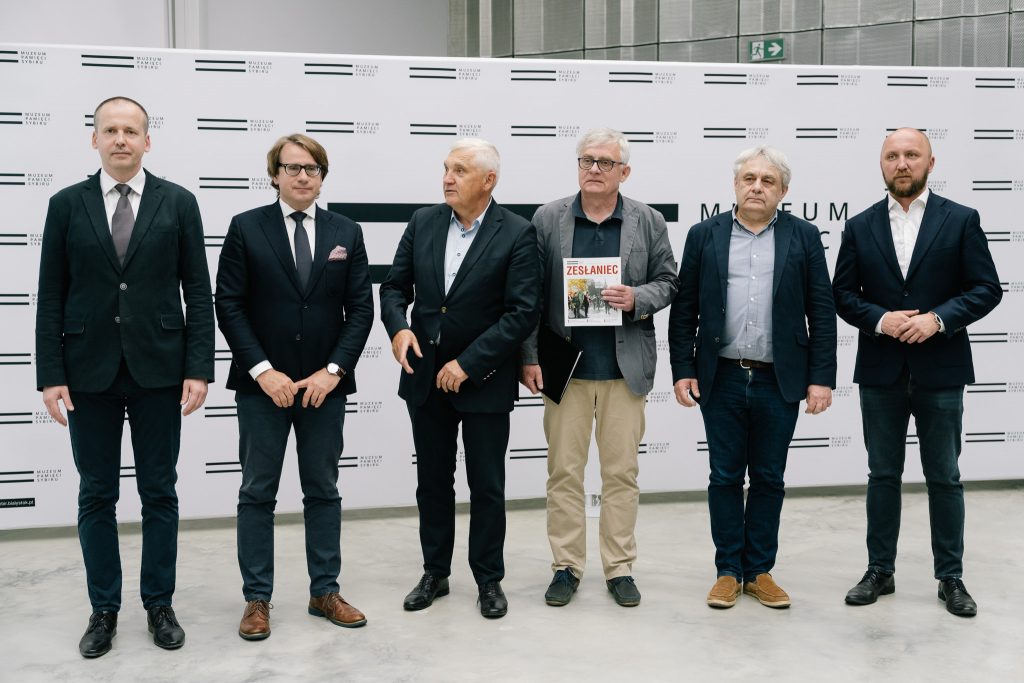
He addressed the gathered:
— Thank you very much for the invitation, for the opportunity to look into the biographies of our grandmother and great-grandmother, to learn about things that we did not know or our knowledge was limited to small scraps. Great-grandmother died when we were in kindergarten, we barely remember her. Grandma passed away in 1981. The information given to us, children, was fragmentary — he admitted.
— As in many Polish families, the choice of our ancestors, grandmother, was such as to spare us the knowledge of the dramatic fate of the family and Poland, so that we would have time to discover them as adults, through learning and study, and not to necessarily tell us about dramatic details — said Michał Kalina.
— There was a formal history, presented by Mrs. Kubik, and a human one, so wonderfully shown in the Sybir Memorial Museum. Many dramas and cruel life situations faced by Poles deported to Siberia — he added. — It is a great emotion for us and a beautiful moment. Thank you on behalf of our entire family.
— I would like to congratulate everyone in Bialystok on this wonderful museum, it is fantastic, it makes a great impression — Michał Kalina, great-grandson of the pre-war mayor of the city, Bolesław Szymański ended his speech.
All those interested in the fate of the Szymański family are invited to read the latest magazine “Zesłaniec”, which includes a richly illustrated article by Nadieżda Kubik, PhD. The magazine can be purchased at the stationary store of the Sybir Memorial Museum and online: sklep-sybir.pl




